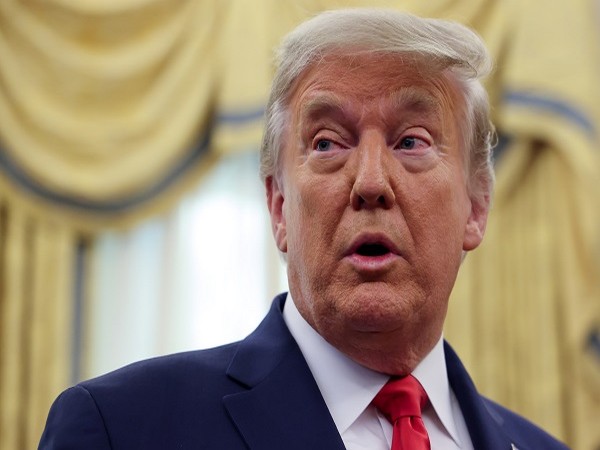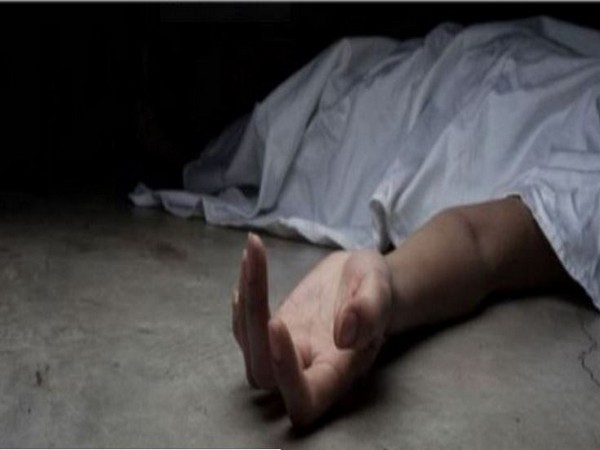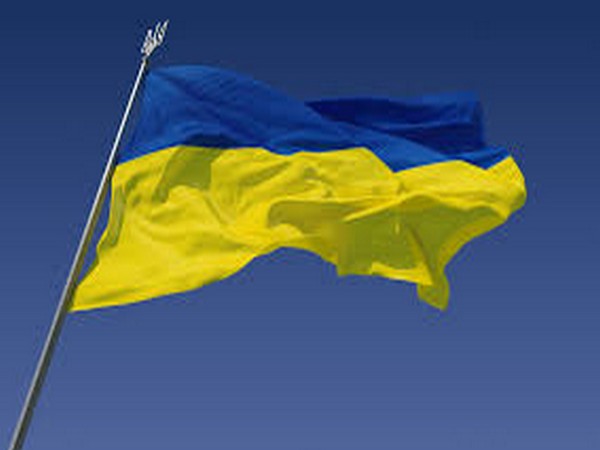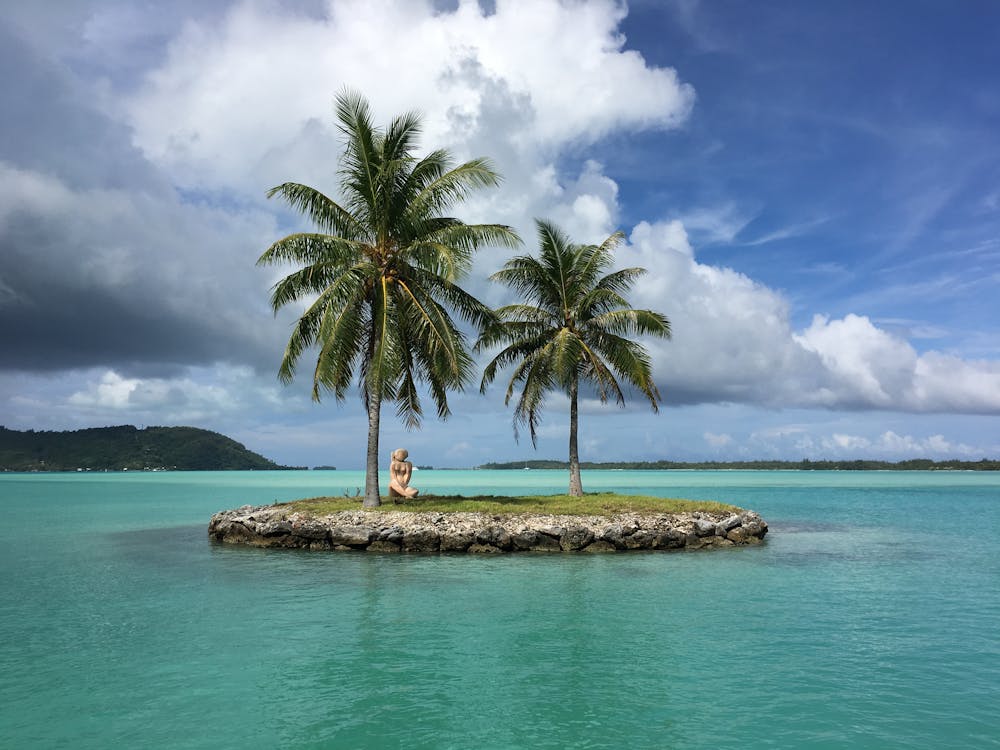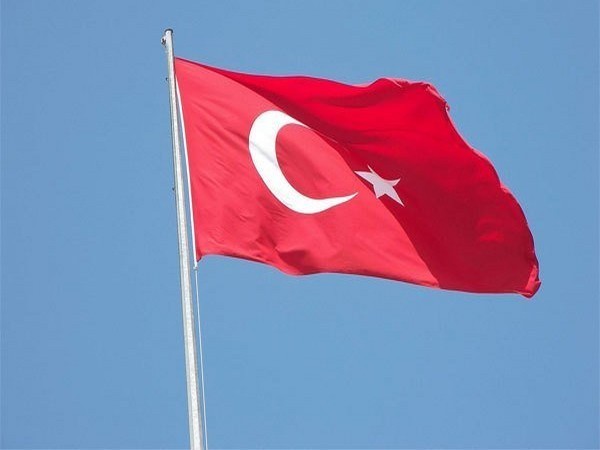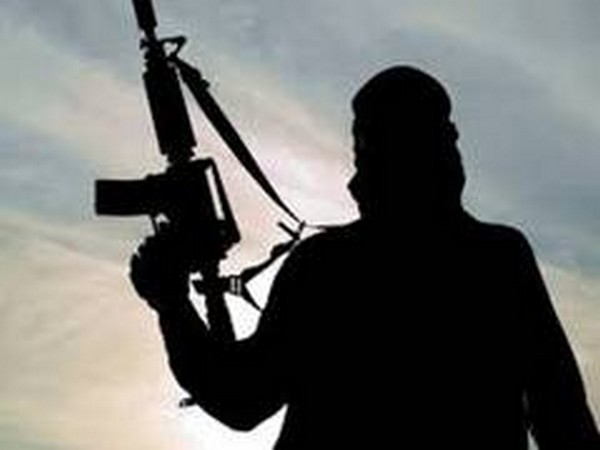Haiti's divided transition council picks new president
Oct 08, 2024
Port-au-Prince [Haiti], October 8: Haiti's transitional presidential council transferred the rotating presidency on Monday to architect Leslie Voltaire despite opposition from outgoing president Edgard Leblanc Fils, who refused to sign a decree ratifying the move.
Leblanc Fils had opposed the move citing unresolved corruption accusations against three other councillors who remain voting members and signed off on the transition.
The rift at the council creates fresh uncertainty in a country still reeling from the gang massacre of at least 70 people last week, with Prime Minister Garry Conille seeking security assistance abroad.
Haiti named the transition council in April after arduous negotiations between various sectors of the Caribbean nation's political and civil alliances. It was empowered with choosing a prime minister and wielding certain presidential powers until conditions are considered secure enough for a new election.
But this month, Haiti's anti-corruption unit recommended legal action against three council members it said had accepted credit cards and asked for nearly $770,000 from the chairman of a state-run bank.
The three remain on the council, though they are excluded from the current presidential succession plan, which sees economist Fritz Alphonse Jean taking over in March and businessman Laurent Saint-Cyr in August.
The January 30 Collective of political parties, which nominated Leblanc Fils to the council, called for the three members accused of bribery to be put aside pending a judicial ruling.
The accused are diplomat Smith Augustin, politician Louis Gerald Gilles, and former judge Emmanuel Vertilaire. All three have rejected the charges. Augustin was initially slated to succeed Leblanc Fils as the council's president.
The council was formed to replace the government of Prime Minister Ariel Henry, who was forced to step down amid a gang conflict that has killed thousands and forced over 700,000 people from their homes.
The new administration has said it hopes the country's first elections since 2016 can be held next year providing sufficient security is restored.
However, gangs have in recent months expanded their territories, pushing hundreds of thousands more people from their homes and worsening a hunger crisis while long-delayed international support continues to lag.
Source: Fijian Broadcasting Cooperation

